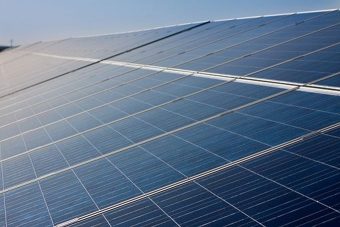
In an attempt to expedite the implementation of large-scale solar power parks across the country, India has issued a clarification exempting these projects from obtaining environmental clearances.
The Ministry of New & Renewable Energy recently issued a clarification stating that the provisions of the Environmental Impact Assessment (EIA) notification, 2006, will not be applicable to solar power parks. This move will exempt solar park developers from obtaining some environmental clearances required to set up several other power and infrastructure projects. These exemptions have been extended to solar PV and solar thermal power plants.
Solar parks will, however, have to follow the regulations under the Hazardous and Other Waste (Management and Trans-Boundary Movement) Rules, 2016, for disposal of solar PV panels at the end of the projects’ life. Clearances will also be needed for water usage and regulations of water and air pollution rules. Solar park developers will also be required to conform to forecast and coastal regulations if the planned parks fall in those areas.
The Ministry had to issue these clarifications as it has received several queries in this regard. With these exemptions the Indian government hopes to push the development of solar power parks which will likely form the backbone of India’s massive ‘100 gigawatts by March 2022’ target.
The government had initially set a target of 20 gigawatts through solar power parks, and this was subsequently increased to 40 gigawatts. Auctions of projects in solar power parks have seen a sharp correction in tariff bids over a very short period of time. This has made solar power a very attractive source of electricity for power utilities which, until now, had given preference to large hydro power projects and thermal power projects due to cost considerations. Low tariffs of solar power projects created a significant disruption in the Indian power sector forcing the power utilities to reexamine at their power procurement basket.
Source: cleantechnica.com

